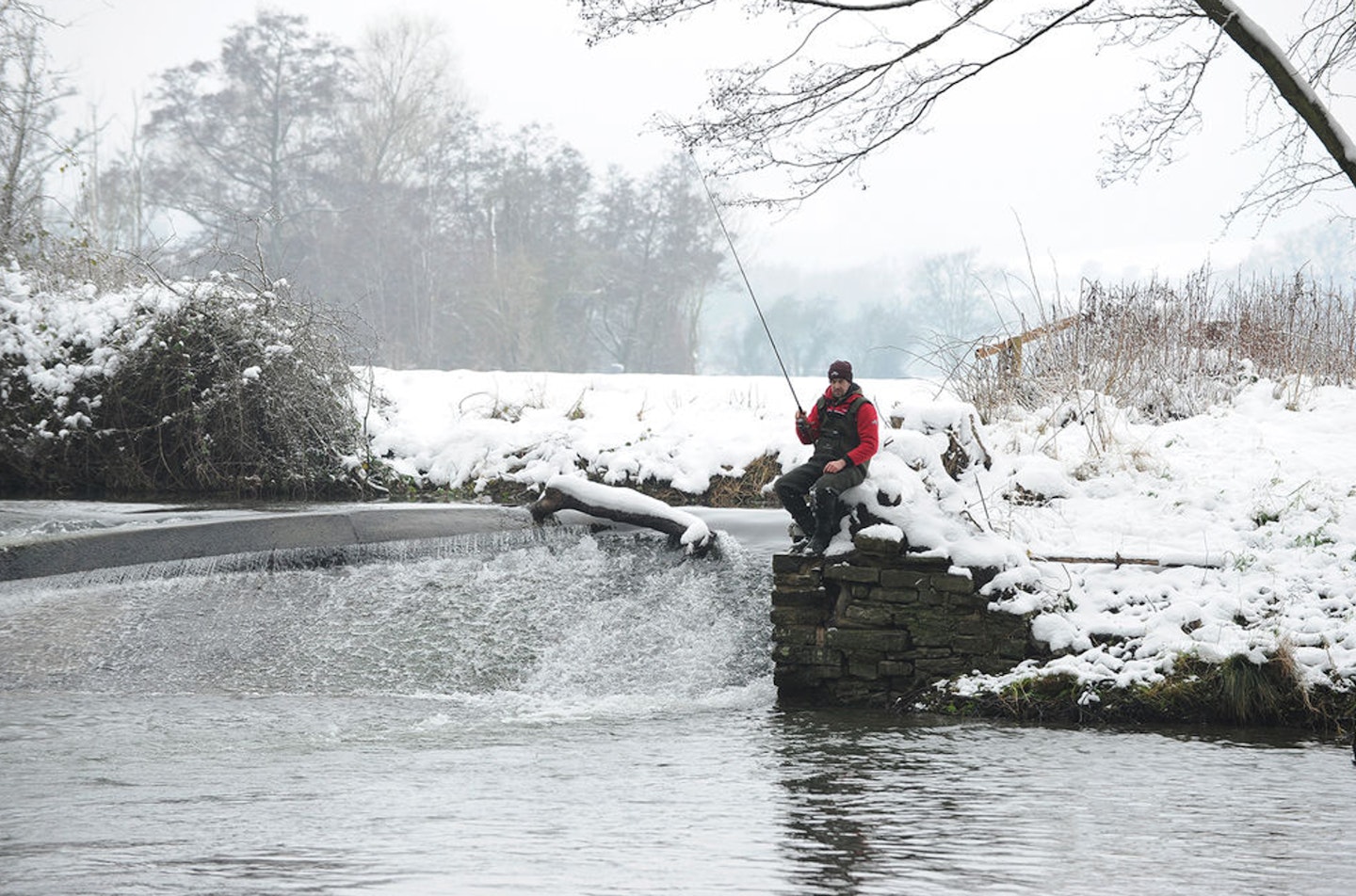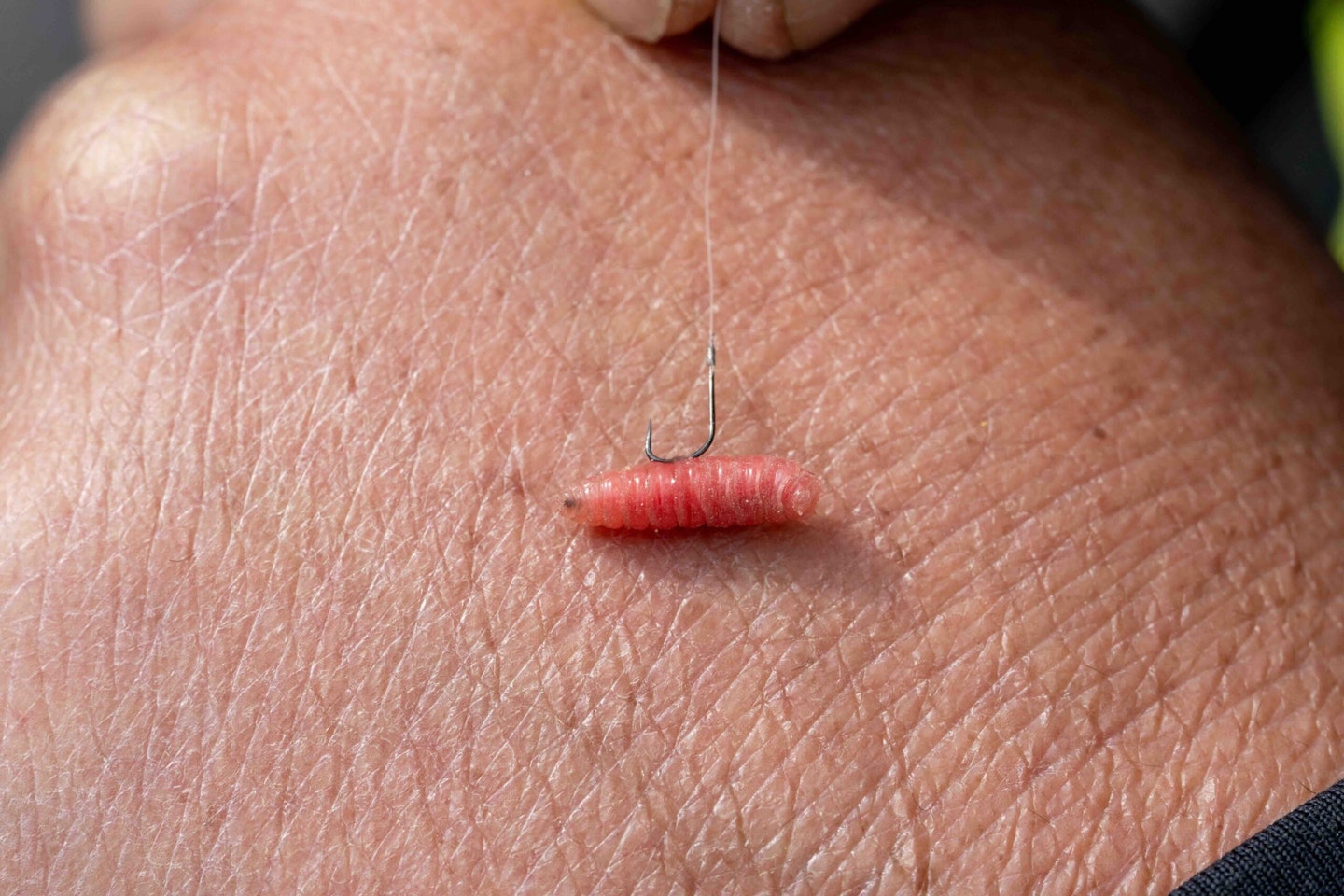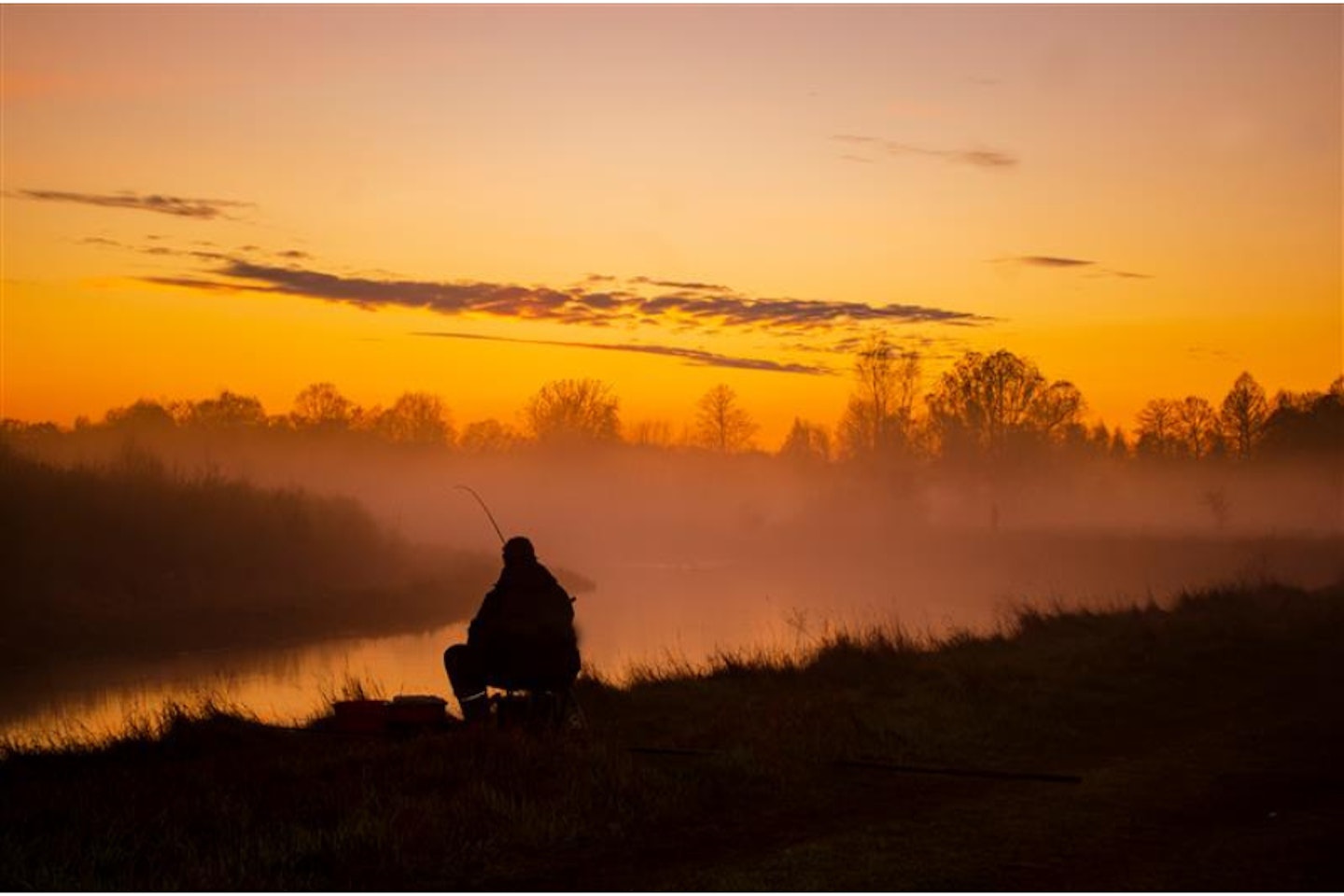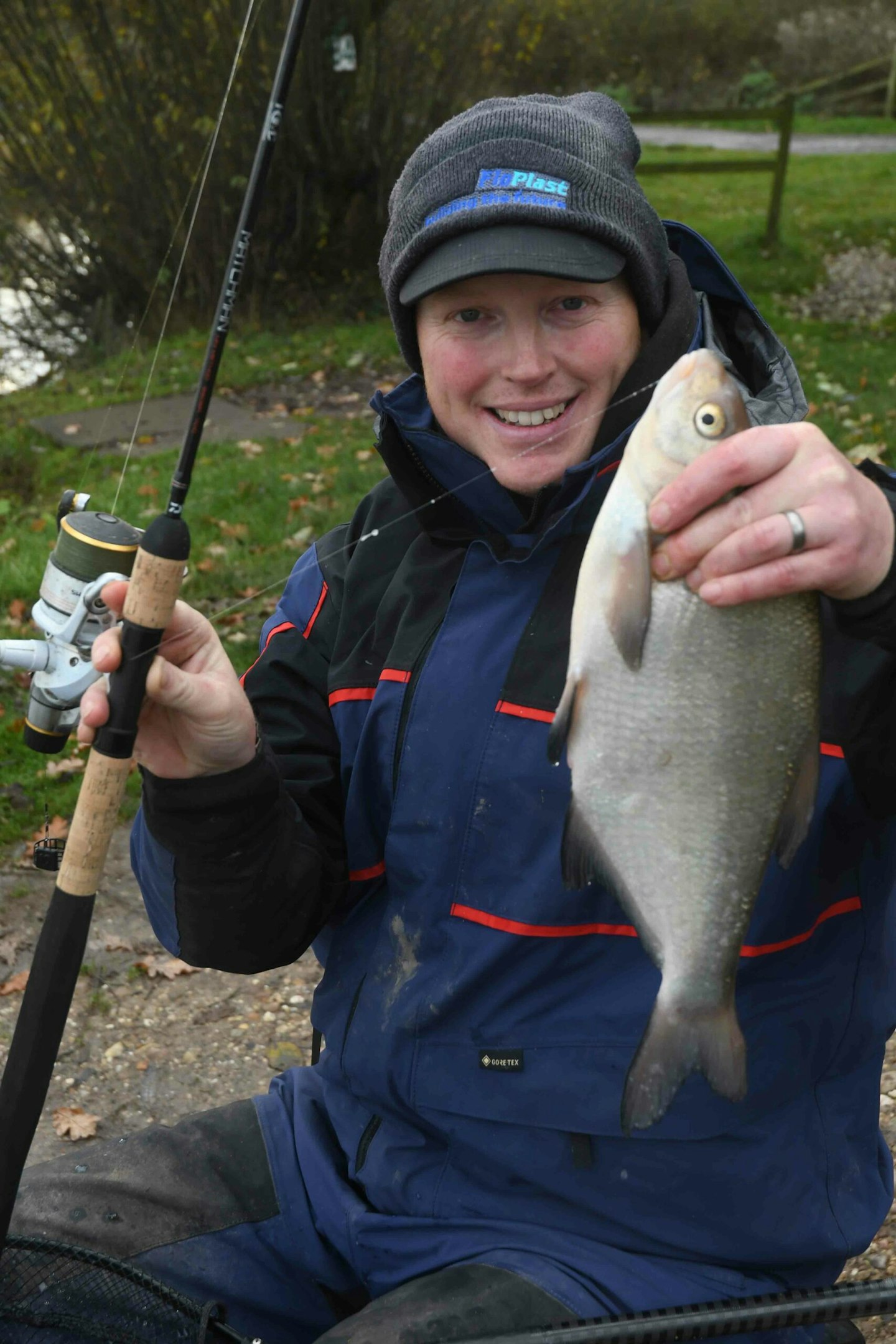Let's face it, fishing in winter can be challenging! With shorter days, often miserable conditions and the fish less active, it can be tough to find the motivation to get out on the bank. However, don't be put off as there is often some remarkable fishing on offer, and if you are an angler that likes solitude, the banks are much quieter than in the warmer months too.
Watch the conditions
Keeping an eye on the weather forecasts can be one of the best ways to help you have more successful winter trips. Periods of settled weather (even if it's cold), milder weather, or drops in air pressure can all correlate with a change in fish activity, often encouraging them to feed. If you see a favourable weather window approaching, it’s well worth trying to get out and make the most of it.
Things to avoid include snow melt, periods of heavy cold rain, or a rapid drop in temperatures as these all tend to chill the water quickly, which often reduces the fish's activity and your chance of a bite.
IF YOU NEED MORE TIPS ON HOW THE WEATHER IMPACTS YOUR FISHING, ROB HUGHES EXPLAINS MORE HERE.

Head to a river
Rivers often provide the opportunity to catch fish regardless of how cold it gets, with species like chub, grayling, and pike frequently feeding when nothing else will! Unlike fish in lakes, fish in rivers are constantly expending energy to hold their position in the flow, and they must replace that energy by feeding.
Running a float down the river is often the best way to get a bite, as it allows you to present the bait to the fish, rather than having them swim to you to find it. It also helps you stay warm, as trotting is a very active method that will keep you motivated for longer.
FISH MOVE WITH THE SEASONS, FIND OUT WHERE THEY HEAD TO IN THE WINTER MONTHS.

Fish lighter
As the water clears in lakes during winter, fish have a much better view of what's happening in the swim. Fish will often watch a bait fall through the water before deciding to take it, so the better you present your hookbait, the more chance you have of getting a bite. Lighter mainlines and hooklengths allow your bait to fall more naturally, helping to fool the fish. Thankfully, since the fish don't fight as hard in colder water, you can use lighter line without the fear of it breaking.
POLE FISHING IS AN EXCELLENT METHOD IN WINTER, FIND THE BEST FISHING POLES HERE...

Use single hookbaits
If you’re fishing for big carp or heading to your local commercial fishery, relying solely on your hookbait without free offerings can be an incredibly effective tactic. Casting a bright pop-up or zig rig often yields great results during the depths of winter, as it allows you to search your swim with minimal disturbance.
In colder months, baiting up can sometimes spook fish, with activities like spombing or leading often pushing them out of your swim. A single, brightly colored bait, presented carefully among the fish, can often result in a take. The same goes for dobbing on commercial fisheries, a piece of bread lowered into likely looking areas is a great way of catching carp and F1's.
IF YOU ARE CARP FISHING IN THE WINTER, THIS ARTICLE ON SAFELY HEATING YOUR BIVVY IS A MUST READ!

Feeding windows
Feeding windows can be very short in the winter, so it’s crucial to be on the bank when fish are actively searching for food. Dawn and dusk are generally productive times for many species, but it’s also worth noting when you’ve had success at a particular venue in the past. Patterns often emerge, and targeting those times can significantly increase your chances of a bite. In fact, you often catch just as many fish in a single productive hour during the winter as you would by fishing all day.
THE BEST FLOAT RODS ARE EXCELLENT FOR TROTTING A STICK FLOAT DOWN A RIVER...

Keep warm
It goes without saying that the warmer you are, the better you’ll fish and the more motivated you’ll be to stay on the bank. Dressing in suitable clothing can make a huge difference to your comfort and, ultimately, how enthusiastic you are on the bank.
Layering is the most effective way to trap heat against your body, so consider wearing items like a thermal base layer, a couple of t-shirts, a jumper, a hoodie, and a coat. Bringing a flask filled with a hot drink or soup can be incredibly comforting during a winter session—or, if you prefer, take a stove and prepare a fresh one right there on the bank.
PREDATORS ARE OFTEN WILLING TO FEED IN THE COLD, HERE ARE SOME EXCELLENT VENUES TO TRY!

